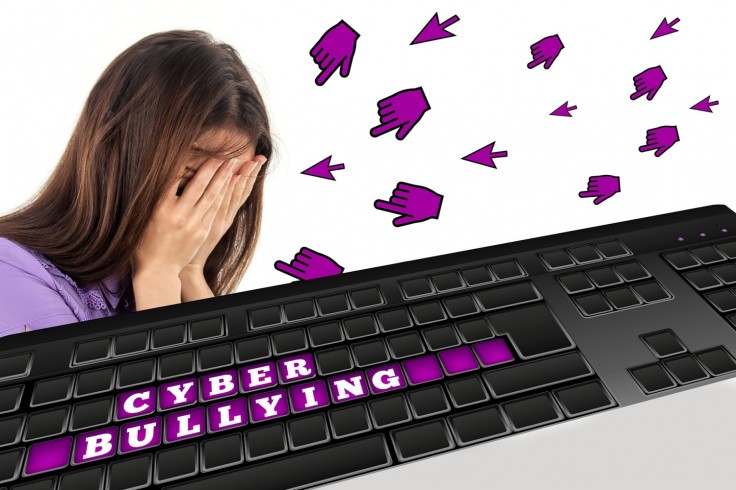
Nearly two-thirds of 8-12-year-olds confess they would not tell their parents they are being cyberbullied, while more than half admit they have been victims of cyberbullies at least once, according to Irish Examiner.
The Barnardos children charity surveyed 272 children, and the findings determined to reinforce the need for online safety to be taught in schools as the survey discovered that 62 percent of 8-12-year-olds said they had witnessed others being cyberbullied, while 60 percent admit they don't know how to start or have such conversation with their parents.
The Barnardos organization stated that the findings were very concerning and emphasized the need for the continued rollout countrywide of its ongoing online safety workshops, in collaboration with Google.org, and most importantly, for the online safety learning of the children as it eventually becomes part of the school curriculum. The charity also added that since the pandemic, the return to face-to-face learning, schools have reported increasing cyberbullying among students.
Those children who were cyberbullied stated that it took the form of mean comments, photos, and videos of them posted online. Nearly half admitted that someone had made a false report about them in an online game. Forty percent admitted that someone talked behind their back in a separate group chat that they soon found out. Lastly, over half said they had experienced such bullying as someone had excluded them from group chats or online games.
How cyberbullying affects the child's well-being?
Unlike traditional bullying, which can normally be seen in school, cyberbullying can happen any time, day or night, and be perpetrated by anonymous sources. This often appears to be relentless and crueler. Any form of bullying can have physical and psychological effects on a child. Usually, they would experience fear, behavioral issues, academic struggles, and depression. However, cyberbullying may be specifically damaging.
While it can happen in a public digital space, such as social media posts, it can also occur in private messages and targeting them privately. The effects of it alone can truly harm a child. Cyberbullying is a powerful stressor in children's lives. At least 32 percent of kids who are targets of cyberbullying report experiencing at least one symptom of stress. Furthermore, aside from feeling distressed, they may also feel fear for their life and blame themselves for the bullying that happened.
The damaging messages and hate they receive can be shared with multitudes of people; thus, the sheer volume of individuals that know about the bullying can eventually lead to intense feelings of humiliation. This can make kids feel isolated, resulting in being alone and not having friends, leading to more bullying, per Very Well Family.
What can parents do about it?
If your child is experiencing cyberbullying, do everything you can to end the torment. This may mean seeking help from school officials and reporting the incident to social media companies and even the police. Also, try to become familiar with cyberbullying laws, as bullying is not a joke.
Kid's Health suggests keeping screenshots of damaging and threatening messages, photos, and texts, as these can be used as proof with the bully's parents, school, and the police. While doing so, make sure to offer comfort and support and remind them that what happened to them was not their fault.
Related Article : Bullying: A Menace That Haunts The Mind Of Every Child And Parent